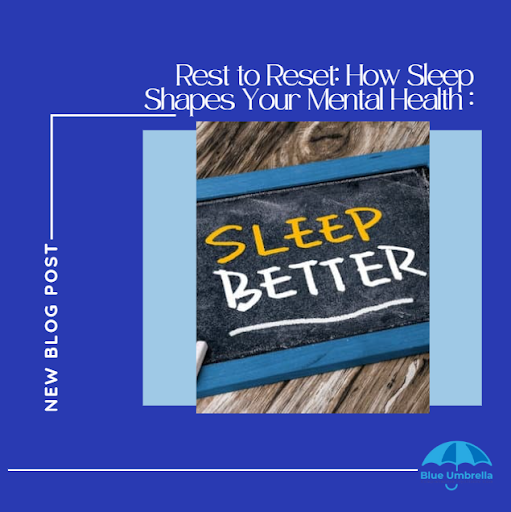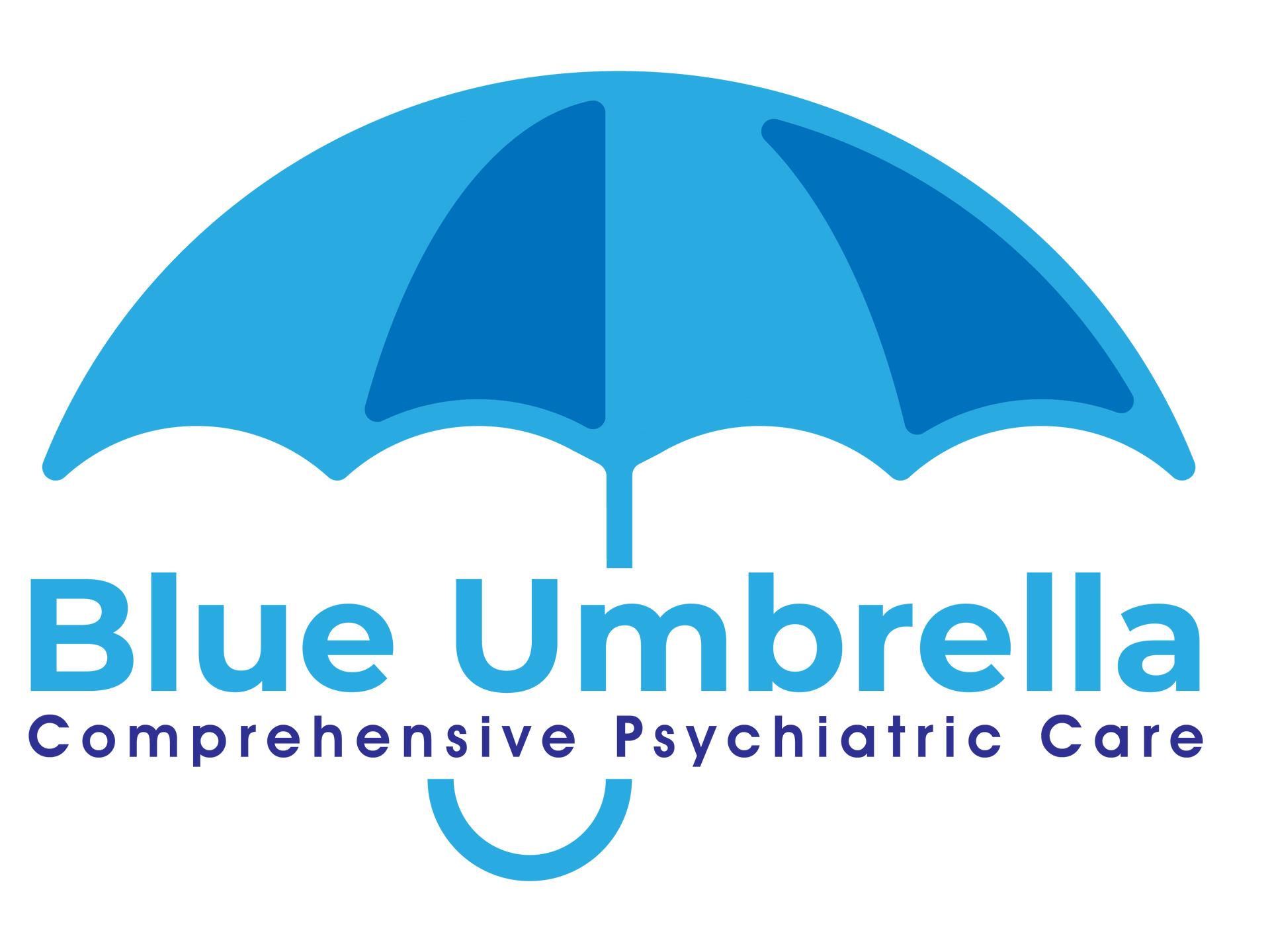
Rest to Reset: How Sleep Shapes Your Mental Health
Why Sleep Matters More Than You Think
Sleep isn’t just rest—it’s your brain’s nightly reset button. During sleep, the mind processes emotions, consolidates memories, and regulates mood. Without enough rest, mental health can quickly unravel.
The hustle of the holidays—late nights, travel, stress—often disrupts sleep, leaving you foggy, irritable, and anxious. Over time, chronic sleep deprivation can worsen symptoms of depression, anxiety, and ADHD.
The Mind-Body Connection
Poor sleep and mental health form a two-way street: lack of rest increases emotional sensitivity, while anxiety or depression make it harder to fall or stay asleep. Recognizing this cycle is the first step toward breaking it.
Better Sleep Starts With Boundaries
Healthy sleep is possible with consistent habits:
- Stick to a schedule: Go to bed and wake up at the same time daily.
- Create a calm environment: Limit screens and bright light before bed.
- Avoid late caffeine or heavy meals: These disrupt natural rhythms.
- Practice wind-down routines: Breathing, journaling, or reading can help.
When to Seek Help
If sleep issues persist despite lifestyle changes, it may point to an underlying concern like insomnia, anxiety, or medication effects. Psychiatric care and therapy can help regulate sleep cycles and address root causes.
Rest Is Not a Luxury
Sleep is self-care at its most fundamental level. Protecting it can transform your mood, focus, and resilience.
📞 Call Blue Umbrella Psychiatry at 954-341-5215 to learn how our providers can help you reclaim restorative rest and improve your mental health.













